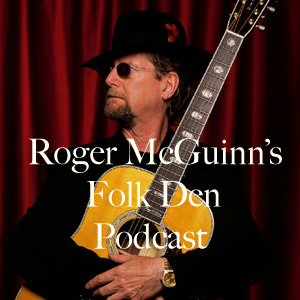
‘Go To Sea Once More’ is a favorite song of mine. I
have wonderful memories of walking into the old Gate of Horn in Chicago,
and hearing Alan Rebeck and Albert Grossman singing it. They would be
at a table near the door, Alan would straddle his chair with its back
facing outward and his classical guitar propped on top. He and Grossman
would harmonize on this and other sea chanteys for hours.
This, as many a sailing song, warns of the dangers of the sea as well of those of shore leave.
I decided to record this song for the Folk Den because we’re on tour
in Anchorage, Alaska, and there is a reference to the Acrtic Sea in the
song. I don’t know of an Arctic Sea, but there is an Arctic Ocean on the
north coast of this state.
Thanks to Anchorage radio station, KOOL FM for donating their studio
and to Brian Roberts ( kool973@alaska.net ) for engineering the
recording.
When [Em] first I come to [D] Liverpool, I [C] went upon a [Em] spree
Me money at last I spent it fast, got drunk as [D] drunk could [B7] be
And [Em] when me money was all gone ’twas then that I [D] wanted [B7] more
[Em] But a man must be blind or be [D] out of his mind to [C] go to sea once [Em] more
I spent that night with Angeline, too drunk to roll in bed
Me clothes they were new and me money was too in the morning with ’em she fled
And as I walked the streets alone, the whores they all did roar
There goes Jack Tarr, that poor sailor lad, he must go to sea once more
As I was walkin’ down the street, I run into Rapper Brown
I asked him for to take me in and he looked at me with a frown
He said last time you was on-board with me you chalked no score
But I’ll take your advance and I’ll give you the chance
and I’ll send you to sea once more
He shipped me aboard of a whaling ship bound for the Arctic Sea
Where the cold winds blow through the frost and the snow and Jamaica rum would freeze
Alas I had no luck with me gear, for I’d spent all me money ashore
‘Twas then that I wished that I was dead of safe with the girls ashore
Some days we catchin’ whales me lads some days we catching none
With a twenty foot oar stuck in your hand from four o’clock in the morn’
And when the day is over lads, you sit on your weary oar
It’s then that you wish that you were dead, you’d go to sea no more
So come all you bold seafaring lads who listen to my song
And when you go out on them long trips, pray that you don’t go wrong
Take my advice, drink no strong drink, don’t go sleepin’ with no whore
But get married lads and have all night in and go to sea no more
� 1998 McGuinn Music – Roger McGuinn










